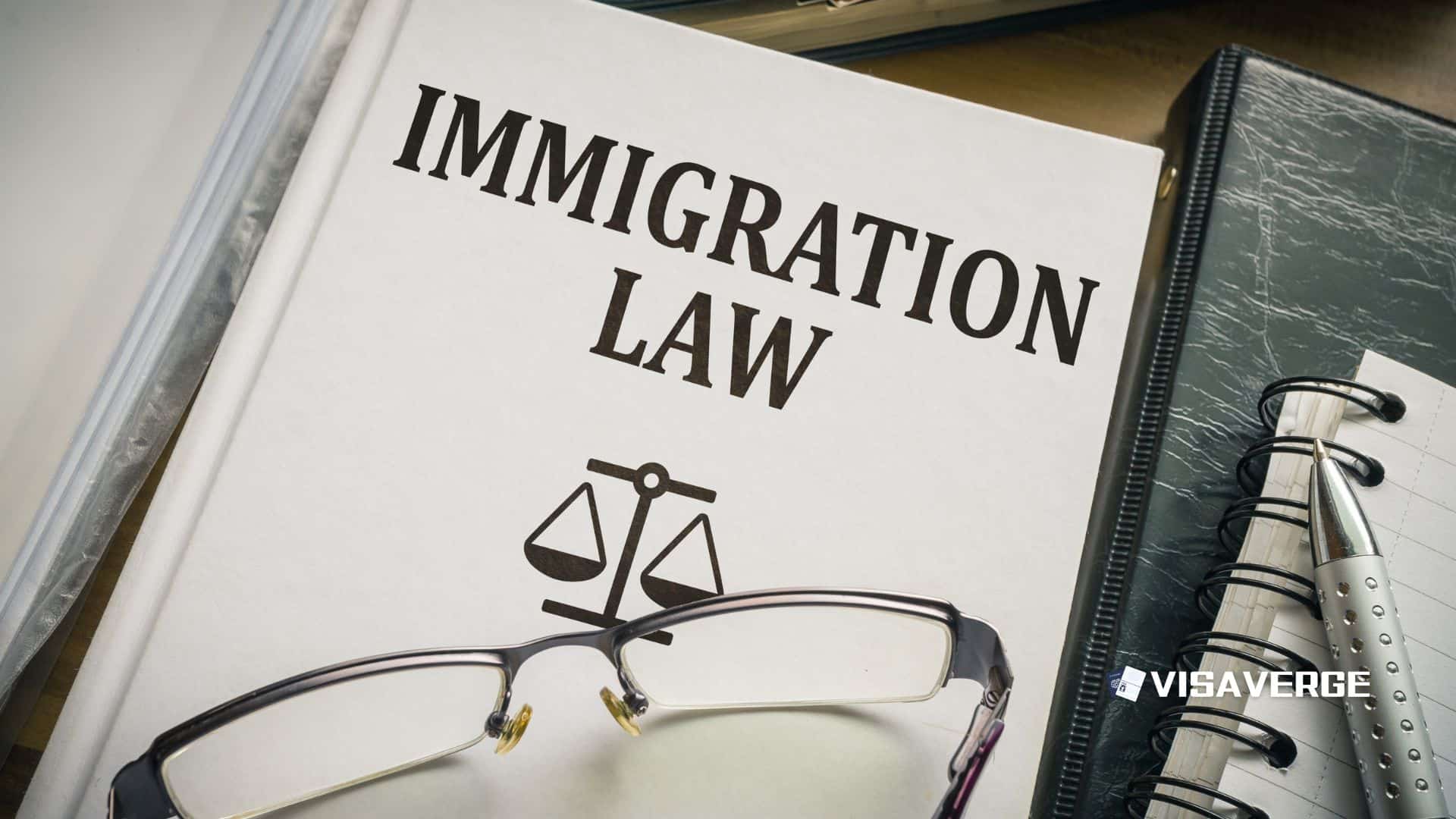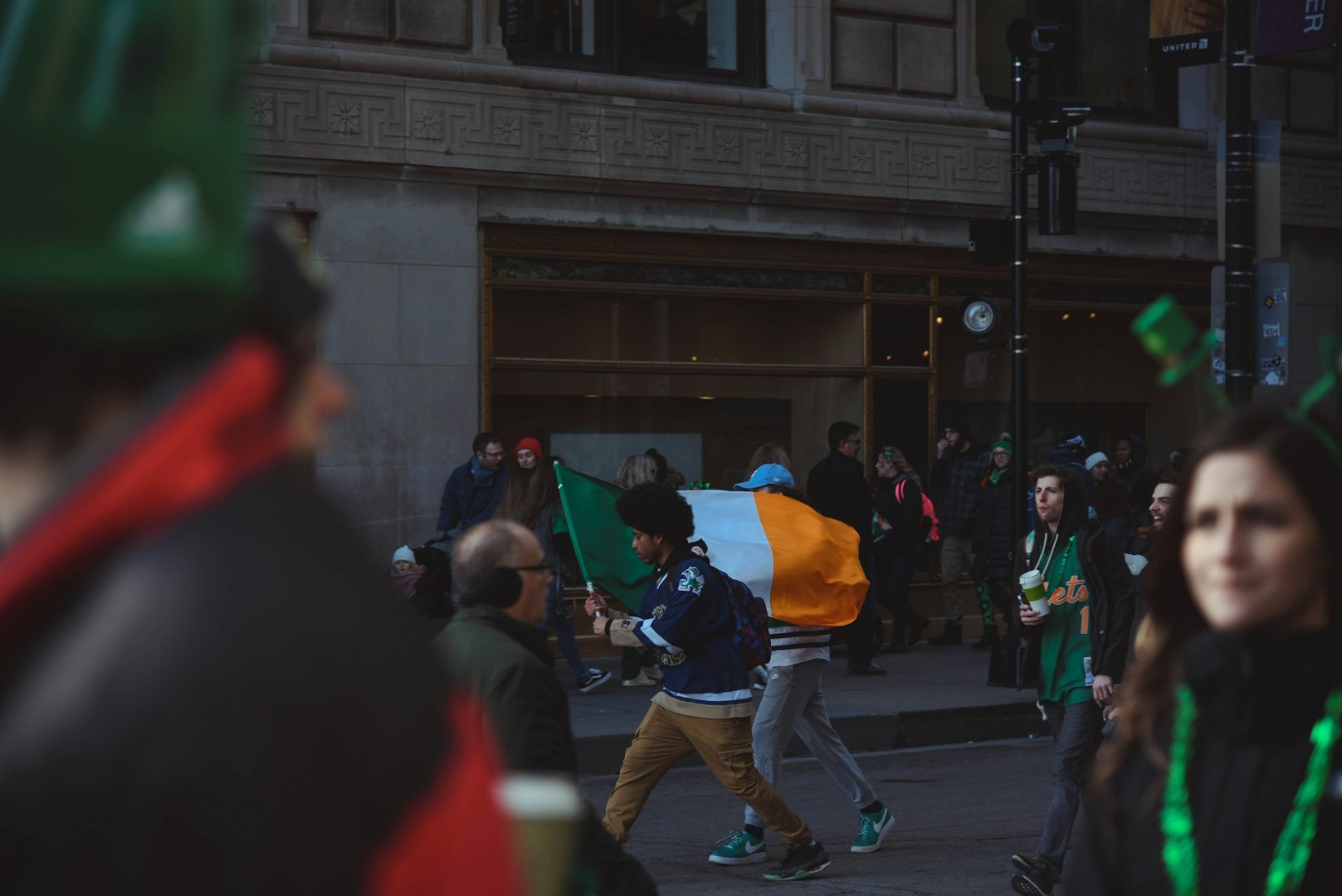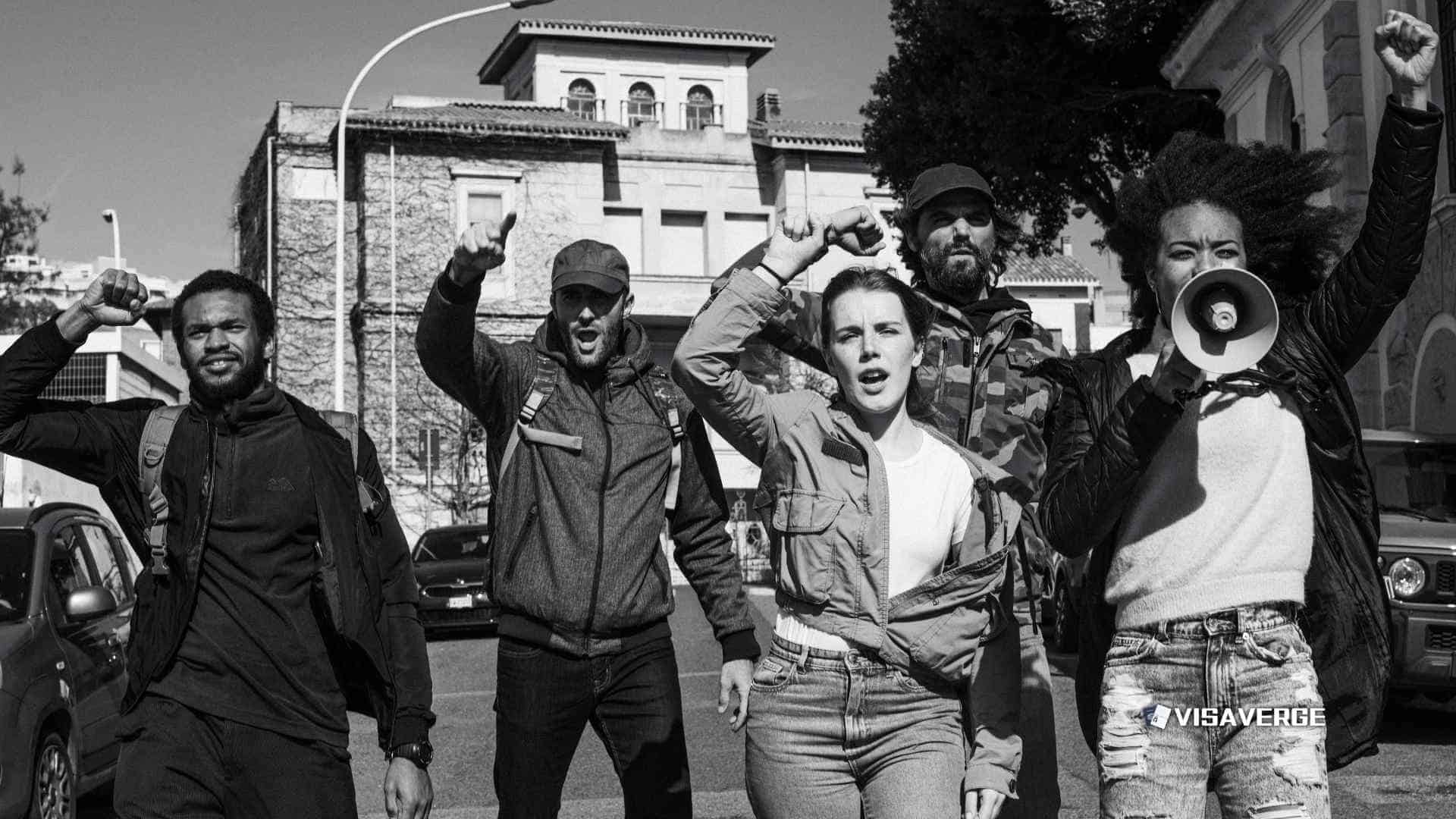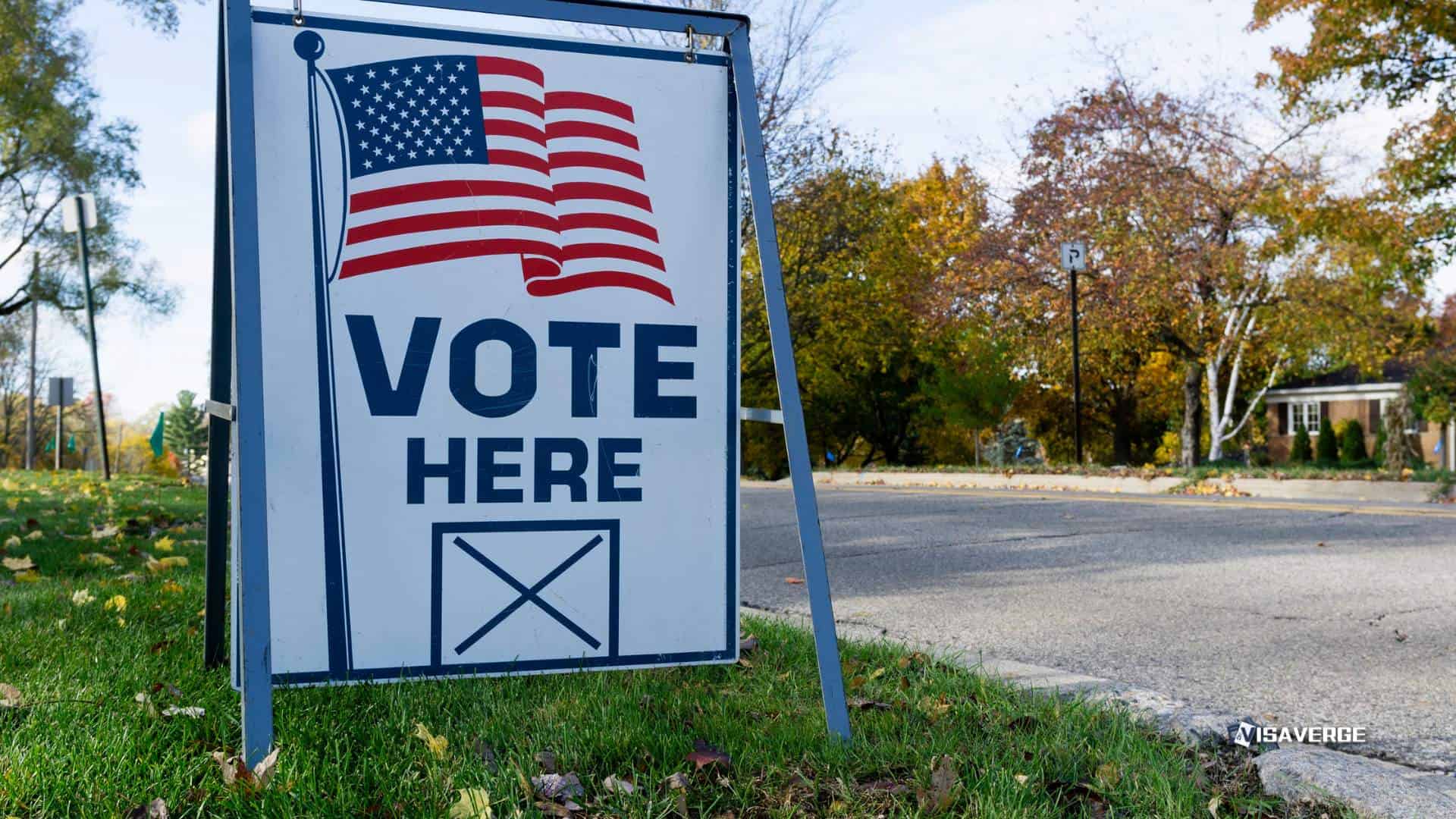(CHICAGO, IL) The large-scale immigration enforcement operation that federal officials hailed as a crackdown on “the worst of the worst” in Chicago has in fact swept up mostly people with no criminal records, local data and newly filed court documents show, deepening fears in immigrant neighborhoods and drawing sharp criticism from Illinois leaders.
The campaign, known as Operation Midway Blitz, ran in and around Chicago from September 8 to September 19, 2025, and led to nearly 550 arrests in the area, according to Immigration and Customs Enforcement (ICE). Yet local records reviewed over a broader period, from June through mid-October, show that out of more than 600 people detained by ICE in the Chicago area, only 16 had documented criminal histories — just 2.6% of those detained.

Official claims vs. local records
That huge gap between the Trump administration’s promises and actual arrests is now at the center of a growing political and legal storm. President Trump and his allies had framed Operation Midway Blitz as a tough but targeted enforcement operation focused on undocumented immigrants with serious criminal records. Instead, according to state and city officials, the raids have fallen heavily on workers, parents, and long-term residents with no convictions at all, deepening mistrust in a city that has long described itself as welcoming to immigrants.
The contrast in numbers is striking:
| Metric | Reported number |
|---|---|
| Operation Midway Blitz period arrests (ICE) | ~550 |
| Total detained in Chicago area (June–mid-Oct) | >600 |
| Detainees with documented criminal histories | 16 |
| Share with criminal histories | 2.6% |
| Nationwide share of ICE detainees with no conviction (Migration Policy Institute) | 71% |
Political reactions and accusations
Illinois Governor J.B. Pritzker and Chicago Mayor Brandon Johnson have condemned the Chicago operation as “political theater” designed more for national headlines than public safety.
“They’re arresting tamale vendors and delivery men and shaking down families,” Mayor Johnson said, accusing President Trump and allies like South Dakota Governor Kristi Noem and conservative commentator Tom H. of misleading the public.
“Donald Trump and Christy Nome and Tom H. said they were targeting the worst of the worst criminals. They lied and they continue to lie. 60% of the individuals that ICE has taken in Illinois this year have no criminal convictions of any kind.”
Supporters of the administration argue that being in the country without authorization is itself a violation of federal law, but critics point out resource and fairness trade-offs: focusing on low-risk workers reduces capacity to pursue truly dangerous offenders.
National context and data
The national picture mirrors Chicago’s experience. The nonpartisan Migration Policy Institute reports that 71% of ICE detainees across the United States had no criminal conviction during the same period, raising questions about resource allocation and enforcement criteria.
A newly filed Justice Department document concerning the Chicago sweep goes further, stating that nearly every immigrant arrested in the recent sweep had no criminal record at all, directly undercutting repeated claims that the operation targeted primarily dangerous offenders.
Human impact in Chicago neighborhoods
For many Chicago families, the numbers translate into painful daily realities. Community advocates report:
- Parents picked up while dropping children at school
- Food vendors stopped on morning routes
- Delivery workers detained during routine traffic checks
Although individual case details are often sealed or hard to verify, local detention records suggest an enforcement strategy that has resembled wide dragnets in neighborhoods where undocumented residents are thought to live and work, rather than targeted investigations.
Criticism from former officials and oversight concerns
Some former federal officials have criticized the strategy. Scott Shuchart, a senior immigration official who served under Presidents Biden, Obama, and in President Trump’s first term, said the approach represents a break with past practice:
“The new idea is to use those resources unintelligently,” he said, arguing that officers are being sent to communities or workplaces where undocumented immigrants might be present instead of pursuing specific individuals identified through careful investigation.
Civil rights lawyers emphasize constitutional protections even during immigration enforcement. Detaining U.S. citizens, they say, not only harms individuals but exposes the federal government to legal challenges. People who believe they’ve been wrongly targeted can file complaints with the Department of Homeland Security’s Office for Civil Rights and Civil Liberties, which explains its complaint process at dhs.gov. Advocacy groups note many families are too scared or confused to pursue that route.
Reports of U.S. citizens detained
An investigation by ProPublica found more than 170 incidents in the first nine months of President Trump’s second administration where U.S. citizens were detained by immigration agents against their will. Highlights include:
- Nearly 20 of those detained were children, including two with cancer
- Some reportedly held for weeks without access to family or lawyers
Chicago advocates say these nationwide findings align with what they see locally: U.S. citizens questioned or detained because of last names, accents, or the neighborhoods where they live.
Allegations of racial and ethnic profiling
Officials’ statements have fueled concerns about racial profiling. Department of Homeland Security (DHS) spokesperson Tricia McLaughlin has asserted, “We don’t arrest US citizens for immigration enforcement.” Yet a fact sheet from Senator Dick Durbin and other Illinois Democrats alleges “DHS officials are arresting individuals on the basis of race or ethnicity,” citing admissions from senior officials that appearance plays a role during fast-moving operations like Operation Midway Blitz.
A particularly sharp example came from Gregory Bovino, a top Border Patrol official, who told a white reporter in Chicago:
“How do they look compared to, say, you?” — suggesting that skin color, facial features, or other visible traits can influence enforcement decisions.
Advocacy groups say comments like that confirm residents’ fears that race and ethnicity are being used as shortcuts during raids.
Community consequences and responses
The raids have revived fears in communities that had felt safer during the Biden years. Reported consequences include:
- Parents sharing tips on what to do if ICE appears at the door
- Schools and churches seeing attendance drops at public events
- Workers quitting or refusing shifts for fear of being stopped
- People carrying passports and birth certificates to prove citizenship or lawful status
Lawyers and social workers in Chicago report spending more time explaining rights during ICE encounters and helping families locate loved ones transferred to distant detention centers.
Legal and political fallout
Legal challenges are building. The Justice Department document showing that almost everyone arrested lacked a criminal record is expected to factor into court cases, including:
- Individual defense and immigration proceedings
- Potential civil rights lawsuits alleging bad faith, racial profiling, or due process violations
Lawyers may argue the gap between stated goals and actual arrests demonstrates flaws in targeting and selection criteria. These cases can take years but might force greater transparency about how targets are chosen during large enforcement operations.
Broader signal to other cities
Chicago’s experience sends a message to other cities with large immigrant populations: if such an operation can be run in a strong “sanctuary city,” critics fear it could be conducted even more aggressively in communities with fewer political resources. News of the raids spreads quickly through phone calls and social media, heightening fear across state lines.
Closing—human cost and uncertainty
For now, the immediate human cost remains central. In neighborhoods across Chicago, families replay the days of the raids: the knock at the door before dawn, unmarked SUVs outside workplaces, and officers at bus stops. Many people picked up in Operation Midway Blitz had no criminal record, and some may have paths to relief under existing law while others face swift removal.
What unites those affected, advocates say, is being caught up in an operation sold as a strike on dangerous criminals but carried out in ways that treated whole communities as suspect.
This Article in a Nutshell
Operation Midway Blitz (Sept 8–19, 2025) prompted about 550 ICE-reported arrests in Chicago, but broader local records show over 600 detained June–mid-October with only 16 having criminal histories (2.6%). National data mirror this trend: 71% of ICE detainees had no conviction. Illinois officials and advocates condemn the raids as politically motivated and indiscriminate. A Justice Department document and growing legal challenges fuel calls for oversight, transparency, and protection of residents’ rights.







